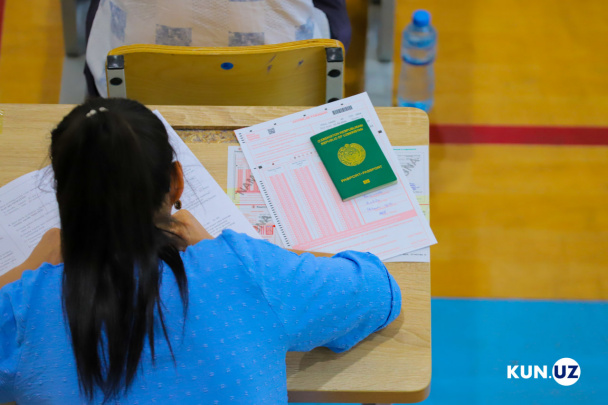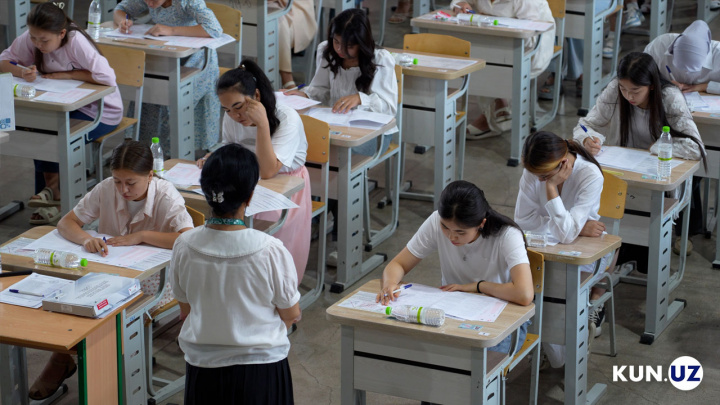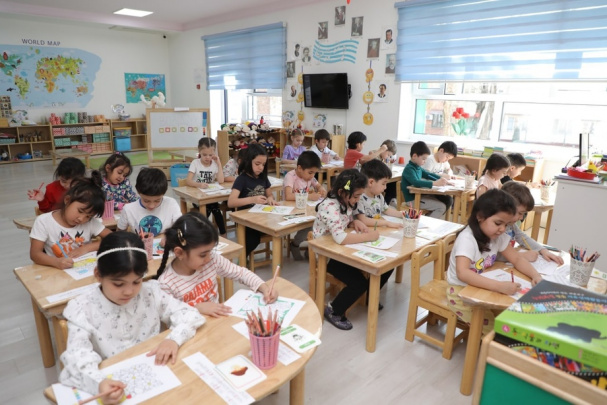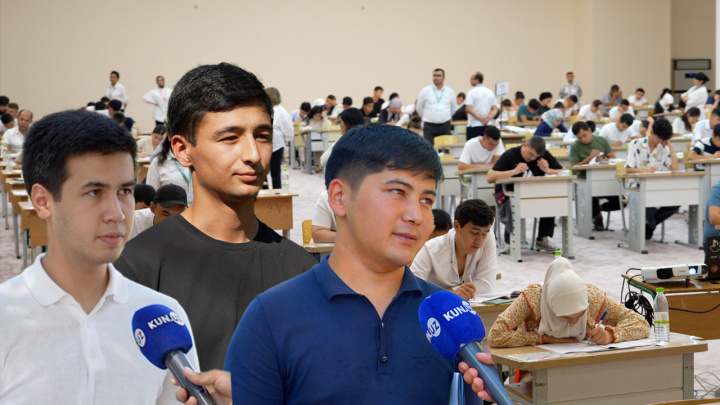Uzbekistan sees surge in international students choosing medical studies
Uzbekistan has seen a sharp rise in international students, particularly in the field of medicine, with their numbers doubling in the past year. Many are drawn to Uzbekistan’s unique blend of cultural connections, affordable education, and extensive hands-on medical training opportunities. Kun.uz spoke with three international students — Kalash from India, Mehran from Egypt, and Hyunjeong from South Korea — about why they chose Uzbekistan for their medical education.
Cultural and Historical Connections
Kalash Dwivedi, a fourth-year student at Tashkent Medical Academy, initially studied in Ukraine but transferred due to the Russia-Ukraine conflict. When exploring options, he found Uzbekistan’s historical ties with India — dating back to the time of Babur — particularly meaningful. “Our cultures are closely linked, which helped me feel connected here,” Kalash explained.
For South Korean student Hyunjeong Kang, now in her third year at Tashkent Medical Academy, Uzbekistan’s medical programs appealed because they’re offered in English, unlike in South Korea. “Friends recommended Uzbekistan, saying the medical education here is good. I also liked that there are many Koreans here with whom I can connect,” she shared.
Meanwhile, Egyptian student Muhammad Mehran chose Uzbekistan for its religious affinity, noting, “There are many Muslims here, which made it feel like a good fit for me culturally and religiously.” In addition, Uzbekistan’s medical education costs were significantly lower than in Egypt, where high admission scores and costs create barriers for many aspiring doctors.
Affordable Education and Living Costs
Uzbekistan’s medical programs remain relatively affordable. According to the Ministry of Higher Education, annual tuition for a bachelor’s degree in medicine in Uzbekistan ranges from 10.5 million to 12 million UZS (roughly $850 to $950). For comparison, public universities in India charge between $180 and $1,000 annually, with private medical schools costing up to ten times more. In South Korea, public medical tuition runs between $3,000 and $6,000, while private institutions charge up to $10,000. Egypt’s public universities charge between $4,500 and $8,000.
Students say their living costs in Uzbekistan are also manageable. Kalash and Mehran each spend around $100 per month, with Kalash noting, “In Tashkent, prices aren’t much different from Delhi’s.” Hyunjeong spends about $300 monthly but finds living in Uzbekistan still cheaper than in Korea.
Hands-On Medical Training
Practical experience is a significant draw for international students. “I considered Kazakhstan, Kyrgyzstan, and Russia, but I felt Uzbekistan offered the best practical training,” said Kalash, noting the opportunities to work with patients throughout the course. Hyunjeong echoed this sentiment, stating that Uzbekistan’s approach allows her to gain real-life experience in general surgery.
Warm Hospitality and Language Support
Students report positive interactions with locals, who are often willing to help with language and day-to-day challenges. Kalash noted that Uzbek and Hindi share similar words, which has made learning the language easier. “Living here for six years, I think I could learn 70–80% of the language,” he said.
Hyunjeong, who has been in Uzbekistan for three years, now speaks Uzbek fluently and finds the local support invaluable. Mehran, still learning Uzbek, said he has also been won over by the country’s cuisine, especially osh (pilaf), which he is learning to make with friends.
Rising Interest from International Students
According to Uzbekistan’s Statistics Agency, 10,800 foreign students enrolled in Uzbek universities for the 2023/2024 academic year, twice as many as the previous year. Indian students, in particular, are leading this trend, with 5,733 enrolled, followed by students from Pakistan and Turkmenistan. Most of these students are in medical programs, reflecting Uzbekistan’s growing appeal as a destination for affordable, quality medical education.
Recommended
List of streets and intersections being repaired in Tashkent published
SOCIETY | 19:12 / 16.05.2024
Uzbekistan's flag flies high on Oceania's tallest volcano
SOCIETY | 17:54 / 15.05.2024
New tariffs to be introduced in Tashkent public transport
SOCIETY | 14:55 / 05.05.2023
Onix and Tracker cars withdrawn from sale
BUSINESS | 10:20 / 05.05.2023
Latest news
-
Hidden workshops and stolen cars: How 276 vehicles vanished in Uzbekistan
SOCIETY | 18:04 / 16.07.2025
-
Academic transfer applications open – new score thresholds announced
SOCIETY | 17:43 / 16.07.2025
-
Customs Committee responds to rising IMEI registration costs, blames unauthorized imports
SOCIETY | 17:40 / 16.07.2025
-
AI-80 gasoline price hits historic high on the Commodity Exchange
SOCIETY | 16:39 / 16.07.2025
Related News

17:43 / 16.07.2025
Academic transfer applications open – new score thresholds announced

14:12 / 16.07.2025
University admission test results for July 14 released – Full guide to checking scores

13:06 / 15.07.2025
Gov’t to set new infrastructure standards for all educational institutions

12:22 / 15.07.2025



